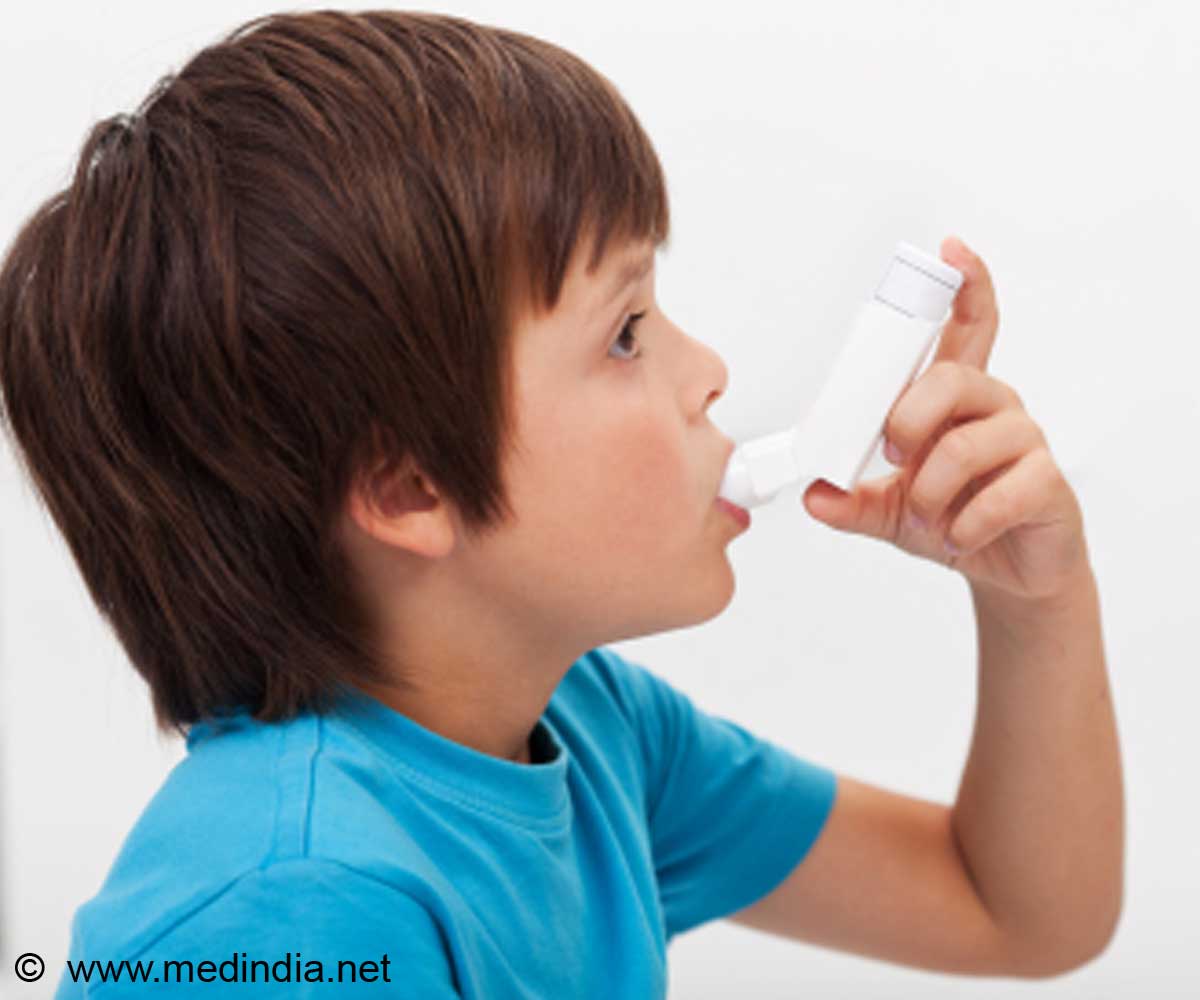
Led by Dimitri Christakis, MD, MPH, the study found that the most significant benefits to this web-based approach were the interactivity and scaleability of the intervention which made it convenience and easy for parents to use. Scaleability is the ability of computer hardware or software to continue to function well when it is changed to meet a user's needs.
The website, called "My Child's Asthma," queried more than 600 parents enrolled in the study automatically without healthcare staff time, making the site both effective and low cost. Typical questions asked include: "During a recent typical week, on how many days has your child used quick-relief medicine?" and "How often has your child had chest tightness, cough shortness of breath or wheezing?" The site was developed to increase positive beliefs about asthma management, optimize care by increasing provider-prescribed controllers for children with persistent asthma, and promote controller compliance among children on controllers.
"My Child's Asthma" gathered information from parents and applied algorithms to determine asthma severity, home care practices and parental beliefs related to administration of controller on a daily basis (e.g. positive and negative outcomes expectations and self-efficacy). The website also provided feedback to parents on their child's asthma symptoms at each successive visit and allowed participants to set goals for themselves. For example, if a child was on controller medications but not taking them regularly, parents could select, "I will give my child her controller as directed by her doctor" or "I will make an appointment to discuss my son's controller usage with his doctor."
"The vast majority of families enrolled in our study liked using 'My Child's Asthma,' and wanted to continue using it," said Dr. Christakis. "Sustainability is always an issue. But there are numerous benefits from this type of website for the child who has fewer asthma attacks and, subsequently, less hospital and emergency room visits. Parents will have fewer worries about their child's medical care and the site provides cost savings for the insurer."
According to a new report from the Centers for Disease Control and Prevention, children aged five to 17 years in 2008 who had one or more asthma attacks in the previous 12 months missed 10.5 million days of school. The estimated total cost of asthma to society was $56 billion in 2007. This figure includes medical expenses ($50.1 billion per year), loss of productivity resulting from missed school or work days ($3.8 billion per year), and premature death ($2.1 billion per year).
Advertisement
This study was supported by a grant from the National Heart, Lung and Blood Institute, National Institutes of Health.
Advertisement














